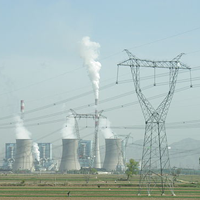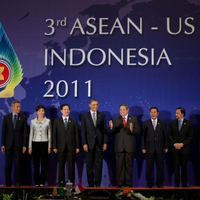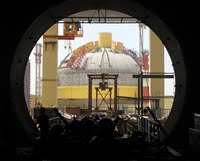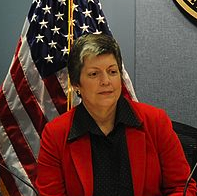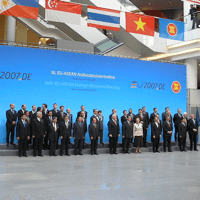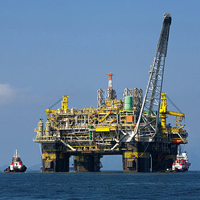
With huge hydrocarbon finds being unearthed in both conventional and unconventional sectors across the Americas, energy independence is being hyped to epic proportions in the United States. The scorecard now shows 6.5 trillion unconventional barrels of oil in the Americas, running from Canada all the way to Argentina, versus 1.2 trillion conventional barrels in the Middle East and North Africa. The U.S. and Brazil sit comfortably in the middle of the expected windfall, and even Mexico, long lost to the annals of hydrocarbon blunders, boasts major new unconventional reserves. Given the awesome scale of these figures, it is hardly surprising […]

